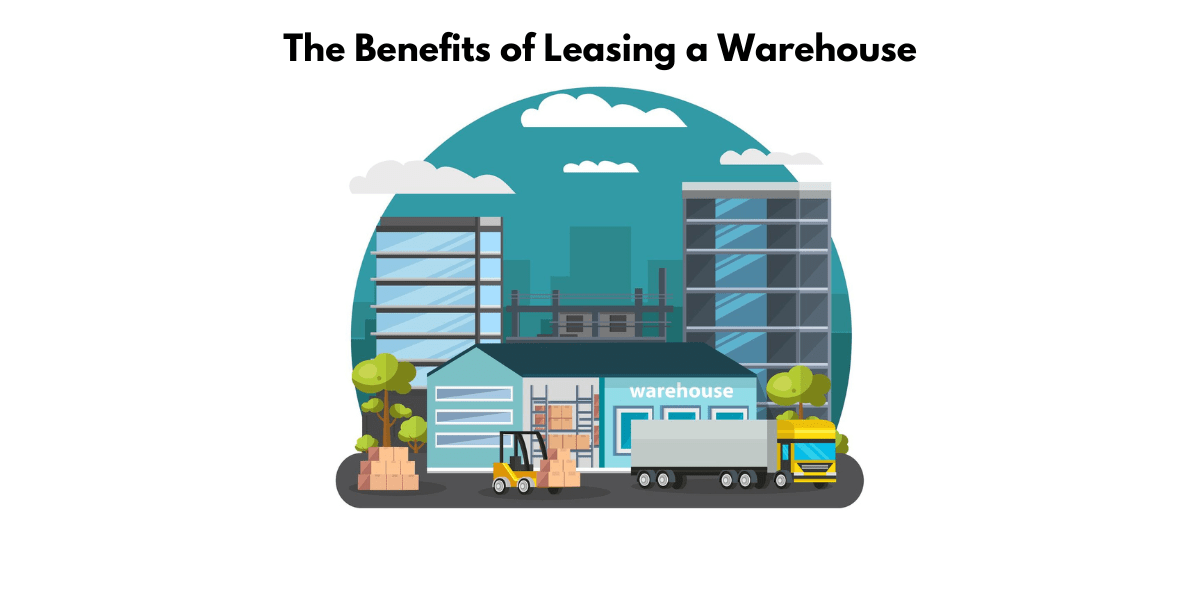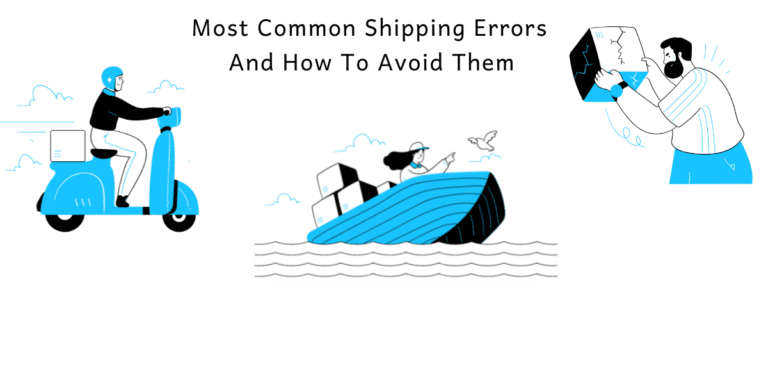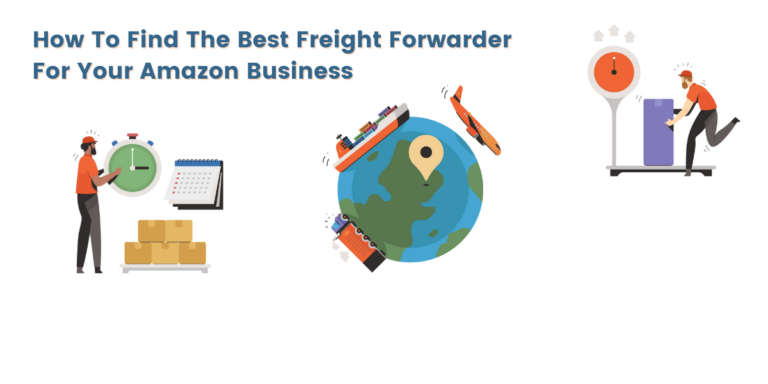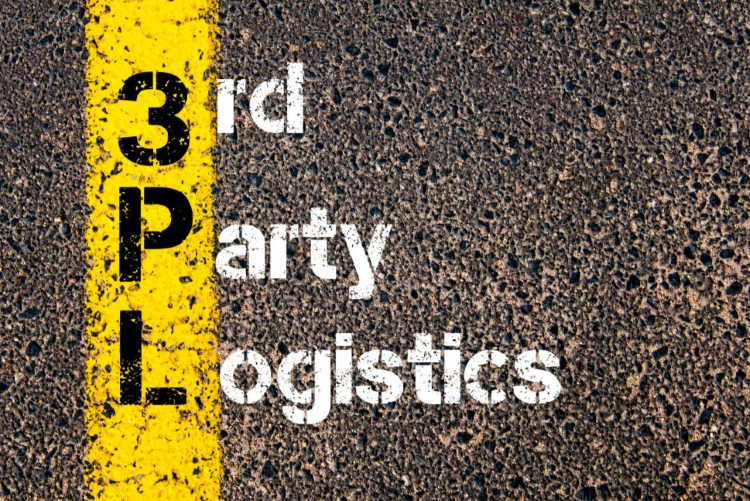Is it more economical to use warehouse space for rent or use third-party logistics for your business?
Is it more economical to use warehouse space for rent or use third-party logistics for your business?
When deciding if it is more economical to rent a warehouse for lease for rent or use third-party logistics, there are many factors to consider. This blog post will explore key considerations, including cost, capacity, and flexibility.
What are warehouse rentals?
Warehouse rentals are a great option for businesses needing a lot of storage space. They’re typically more affordable than renting space from a third-party logistics provider, and they offer more flexibility in terms of event hosting.
What is third-party logistics?
Third-party logistics companies offer businesses an alternative to leasing warehouse space by providing short-term, small-footprint warehouse space for businesses to store inventory and ship orders. These companies eliminate credit checks, personal guarantees, and large security deposits often required when leasing warehouse space. In addition, businesses using third-party logistics services have more flexibility in how they use the warehouse space, as a long-term lease agreement does not bind them. These companies also handle lease and payment processing for their clients, freeing up businesses’ time to focus on other aspects of their operations.

The benefits of leasing a warehouse
Leasing a warehouse can be a great way to expand your business without the large upfront investment of purchasing a property outright. Leasing allows you to move as your business grows and change locations if necessary.
There are many other benefits to leasing warehouses which we will explore below.
Easy access to storage and shipping
Easy access to storage and shipping is important when leasing a warehouse because it eliminates the need for credit checks, personal guarantees, and large security deposits.
Reduced overhead costs
Reduced overhead cost is a benefit of leasing a warehouse because it allows for more efficient use of resources.
More space for your business
Third-party logistics can save businesses money by renting shorter-duration space and eliminating security deposits, credit checks, and other typical warehouse costs. With total control over the equipment and labor in their industrial space for rent, businesses can run their inventory system if they choose to. Offering flexible lease terms perfect for businesses of all sizes, third-party logistics is an important option to research when leasing a warehouse.
More control over your business
Leasing a warehouse gives you more control over your business. You can use the space for events and other activities, and you don’t have to worry about long leases, security deposits, or credit checks.
Increased profits
Leasing a warehouse can lead to increased business profits due to the higher monthly rent. Atlanta’s rapidly growing economy makes it an attractive location for businesses of all sizes, and the area has a wide range of warehouse, industrial, and flex spaces to choose from.
The benefits of using third-party logistics
If you’re a business owner, there’s a good chance you’ve heard of third-party logistics (3PL).
You may have even used 3PL services without realizing it.
Simply put, 3PL is the process of outsourcing your company’s logistics, and transportation needs to an outside company.
There are many benefits of using 3PL, which include the following.

Third-party logistics can save businesses time and money
Third-party logistics companies help businesses save time and money by handling the logistics of importing and exporting goods. These companies can provide a wide range of services, including warehousing, transportation, and customs clearance. Businesses can focus on their core competencies using a third-party logistics company while leaving the logistical details to the experts.
Third-party logistics can help businesses improve their efficiency
Third-party logistics can help businesses run more efficiently by providing short-term, small-footprint warehouse space. Wareh.com specializes in eliminating credit checks, personal guarantees, and security deposits, which makes it easier for businesses to move forward with their expansion plans. You can use your equipment and labor in Wareh.com warehouses, and the company takes care of the lease and payment processing for you.
Third-party logistics can help businesses improve their quality
The main benefit of using third-party logistics is that it eliminates the need for businesses to worry about space or equipment size. Warehouses offering these services allow businesses to take what they need without going through a middleman, making the process more efficient.
Third-party logistics can help businesses improve their customer service
Third-party logistics companies provide many benefits for businesses, including eliminating traditional store costs, credit checks, personal guarantees, and large security deposits. In addition, the warehouse can be used for any purpose desired by the business owner, such as manufacturing or sales activities.
Third-party logistics can help businesses improve their communication
Third-party logistics can improve businesses’ communication by providing them with information about the whereabouts of their goods and how long it will take to reach their destination. This can help businesses better plan their production and distribution and avoid customer complaints about late or damaged orders.
How to decide if business spaces for rent or using third-party logistics is right for your business
The business world is ever-changing, and so are the needs of businesses. It can be hard to keep up with new technologies and emerging trends. But one thing that remains constant is the need for businesses to have a space to operate from.
So, what’s the best option for your business – renting or using third-party logistics (3PL)? Here’s a helpful guide to help you decide.

Step 1: Consider your business needs
When deciding if business spaces for rent or using third-party logistics are right for your business, it is important to consider your business needs. Make sure to walk through each property in person to assess if it meets your unique needs and keeps detailed records of your visits. You should also describe your business needs to the real estate agent, who may be able to recommend properties or point out potential problems. If you don’t find a space that meets your criteria, ask your real estate agent to help you remodel or change the property to fit your needs.
Step 2: Consider the type of business you have
Before renting a warehouse, businesses should research multiple properties and work with a real estate professional. They should also see the properties in person to understand better what they would be suitable for.
Businesses need to describe their needs to the real estate agent, so they can provide recommendations or point out potential problems. To find the best space for your business, it is important to consider various factors, including unit lease price, additional costs and operating expenses, duration of lease terms, and how well the property meets your needs.
If you are unsatisfied with a property after touring it, do not hesitate to ask your real estate agent for help remodeling or finding a different space. Renting space is generally better than using third-party logistics because it can save money on energy efficiency and fire prevention.
Step 3: Consider your small business location
When deciding whether to lease a warehouse or use third-party logistics, businesses should consider size, lease price, additional costs and expenses, and duration of the lease. Additionally, it is important to compare properties and lease terms before deciding.
Step 4: Consider the size of your business
The size of the business is one factor to consider when deciding whether to rent or use third-party logistics. Other important factors to consider include the unit lease price, additional costs and expenses, and the duration of lease terms. It is also important to compare properties based on key criteria such as square footage, unit lease price, and whether the property meets the business’s needs. If you find a space that meets your criteria but isn’t quite right for you, you can ask your real estate agent about remodeling or changing the space.
Step 5: Consider your budget
It is important to consider your budget when deciding if renting business spaces or using third-party logistics is right for your business. Renting business spaces can be expensive, and third-party logistics may be a more economical option for some businesses.
Step 6: Consider the amenities you need
Businesses need to research multiple properties before deciding on warehouse space. They’ll need to consider their needs and ensure the space meets their specific requirements. Power requirements, office space, and loading capabilities must be considered. Additionally, businesses should understand the ceiling height of the facility they’re looking into and inquire about delivery and pickup capabilities. The location of the warehouse is also important – businesses will need to make sure it’s zoned for their type of business. Finally, HVAC and parking needs should be considered when renting business space.
Step 7: Consider the security of the space
When considering leasing a commercial space, security is an important factor to keep in mind. Some businesses may require special security measures due to the nature of their work, and ensuring that the property can accommodate these needs is important. Doing a space walk-through with a real estate agent can help assess whether the property is suitable for your business. Additionally, it can be helpful to keep a spreadsheet of all the properties you visit, including key information like square footage and lease terms. By considering these factors, you can find a space that meets your needs and helps ensure the security of your business.
Step 8: Consider the accessibility of the space
When deciding whether to lease a warehouse or use third-party logistics, accessibility is important. If a property doesn’t meet your accessibility needs, it could lead to problems down the line. Having several properties in mind when searching for business space is important to have more leverage when negotiating terms.
Step 9: Consider the customer service of the space
Customer service is important when deciding if renting business spaces or using third-party logistics are right for your business. Locking down a space too quickly can result in getting a space that isn’t the best for your business.
Step 10: Consider the reputation of the space
Businesses need to research the reputation of the business space they are considering to protect their investment.
FAQs
Here are some of the most frequently asked questions about leasing a warehouse:

How much do warehouses for rent cost?
Warehouse rental prices depend on location, amenities, and size. The price of renting a warehouse in Los Angeles, for example, can range from $0.85 to $1.25 per square foot. In Chicago, the price is closer to $0.70 to $1.10 per square foot.
The price of using third-party logistics (3PL) services also depends on location and the type of service required. For example, a 3PL provider in Los Angeles might charge $0.50 per square foot for storage and $0.15 per pound for fulfilment. In Chicago, the price might be closer to $0.40 per square foot for storage and $0.10 per pound for fulfilment.
Do you want to lease or buy?
It is important to decide whether to lease or buy a car because leasing offers a simple, fast, and flexible way to move into a space. All amenities are included in the monthly price, and there are no hidden charges. You can access the property anytime, 24/7, and security is tight. The facilities are specifically designed for small businesses and contractors. LoopNet provides ready power and WiFi in each space.
How can I find a warehouse to lease?
When looking for a warehouse to lease, it is important to stay detached and find three properties that fit your needs. Experts recommend searching until you find the right property. You can access your inventory, ship orders, and work in your space with help from our team. You can find a warehouse to lease by eliminating credit checks and other financial requirements. The warehouse eliminates the need for long-term leases, larger spaces, and worry about future growth. You can use your equipment and labor and run your inventory system. The warehouse offers features that you need without having to pay for features you do not use.
Who pays for any property improvements?
It is the responsibility of the tenant to pay for property improvements under a triple-net lease. This can be cheaper than renting; however, monthly rent may fluctuate and be harder to budget.
- Low-Cost Amazon Selling: Thrive as an Individual Seller - August 28, 2024
- Is it more economical to use warehouse space for rent or use third-party logistics for your business? - November 29, 2022
- Business And Logistics: What Does Supply Chain Management Mean? - March 6, 2022







